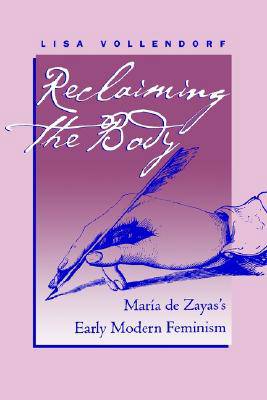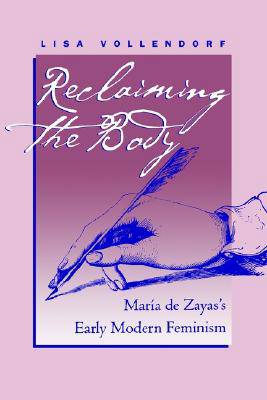
- Afhalen na 1 uur in een winkel met voorraad
- Gratis thuislevering in België vanaf € 30
- Ruim aanbod met 7 miljoen producten
- Afhalen na 1 uur in een winkel met voorraad
- Gratis thuislevering in België vanaf € 30
- Ruim aanbod met 7 miljoen producten
Zoeken
Omschrijving
In a time when few women in Europe were educated and even fewer spoke out against the status quo, María de Zayas (1590-?) published novellas filled with criticism about gender relations. Her best-selling Novelas amorosas (1637) and Desengaños amorosos (1647) explore the pleasures and, more frequently, the perils of sex and marriage. Condemned as lewd, Zayas's work was excised from the literary canon by nineteenth-century scholars. But with the feminist revolution of the 1970s came a renewed interest in her fiction. Zayas's contemporary appeal is easily explained: through graphic images of violence against women and poignant examples of women's exclusion from social justice, she speaks to important issues of our own times.
Lisa Vollendorf illuminates this compelling author, using contemporary feminist theory to decipher the nuances of Zayas's complex ideologies. Revealing Zayas as a critical figure in European women's literary history, Vollendorf delineates the strategies and impulses behind early modern feminism.
Lisa Vollendorf illuminates this compelling author, using contemporary feminist theory to decipher the nuances of Zayas's complex ideologies. Revealing Zayas as a critical figure in European women's literary history, Vollendorf delineates the strategies and impulses behind early modern feminism.
Specificaties
Betrokkenen
- Auteur(s):
- Uitgeverij:
Inhoud
- Aantal bladzijden:
- 236
- Taal:
- Engels
- Reeks:
- Reeksnummer:
- nr. 270
Eigenschappen
- Productcode (EAN):
- 9780807892749
- Verschijningsdatum:
- 1/01/2001
- Uitvoering:
- Paperback
- Formaat:
- Trade paperback (VS)
- Afmetingen:
- 152 mm x 229 mm
- Gewicht:
- 349 g

Alleen bij Standaard Boekhandel
+ 91 punten op je klantenkaart van Standaard Boekhandel
Beoordelingen
We publiceren alleen reviews die voldoen aan de voorwaarden voor reviews. Bekijk onze voorwaarden voor reviews.








